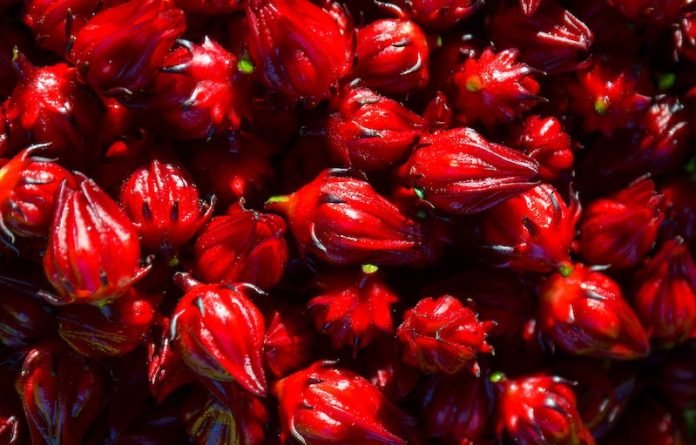
Obesity is a condition that affects a large number of people worldwide.
It is characterized by the accumulation of excess body fat, which can lead to a range of health problems, such as type 2 diabetes, heart disease, and stroke.
There are several factors that contribute to the development of obesity, including genetics, diet, physical activity, and environmental factors.
For example, people with a family history of obesity are more likely to develop the condition themselves.
Similarly, people who consume a diet high in calories, saturated fats, and sugar are at greater risk of becoming obese.
Lack of physical activity can also contribute to obesity, as can environmental factors such as living in an area with limited access to healthy food options or opportunities for exercise.
Obesity can be difficult to manage, and many people struggle with weight loss and weight management throughout their lives.
Current methods for managing obesity typically focus on lifestyle changes, such as improving diet and increasing physical activity, as well as medication and surgery in some cases.
However, these methods are not always effective, and they can have negative side effects.
In a new study, researchers at RMIT have found that the roselle plant could hold the key to weight management.
The team discovered that antioxidant compounds and organic acid found in the Hibiscus Sabdariffa could inhibit the formation of fat cells in humans.
The research is the first to use human fat cells to test the impacts of phenolic extracts and hydroxycitric acid from roselle.
The team found that human stem cells, separately treated with phenolic extracts and hydroxycitric acid, could inhibit the formation of fat cells.
Cells treated with hydroxycitric acid showed no change in the fat content of the adipocytes. In contrast, cells treated with phenolic extracts had 95% less fat than control cells.
While current methods of obesity management focus on lifestyle changes and medication, the team is looking at how antioxidant-rich compounds could help manage diseases like obesity without the negative side effects of medications such as Orlistat and Liraglutide.
The phenolic extracts from the roselle could help create a healthy food product that is effective in interfering with the formation of fat cells while bypassing the side effects of some medications, according to Professor Benu Adhikari, Singh’s Ph.D. supervisor.
The team plans to encapsulate the phenolic extracts for use in health food products, such as a refreshing drink.
Australia has the perfect climate for farming the roselle. The plant is hardy, disease-resistant, and doesn’t need a lot of space or water to grow.
By encapsulating the extract, the researchers can extend its shelf life and control how it is absorbed by the body.
In addition to natural compounds, there are also other emerging technologies and approaches being developed to help manage obesity.
For example, researchers are exploring the use of microbiome-based therapies, which involve manipulating the gut microbiome to improve weight management.
Additionally, new technologies such as wearables and mobile apps are being developed to help people track their diet and exercise habits more easily, which could help promote weight loss and management.
Despite ongoing efforts to find effective treatments for obesity, it remains a significant public health concern.
Education and awareness about the causes and consequences of obesity are important for preventing its development, and ongoing research into new approaches to weight management will be essential for improving outcomes for those who are affected.
If you care about weight loss, please read studies that hop extract could reduce belly fat in overweight people, and early time-restricted eating could help lose weight.
If you care about weight loss, please read studies that avocado could help you lose weight and belly fat, and a keto diet for weight loss can cause flu-like symptoms.
The study was conducted by Manisha Singh et al and published in the International Journal of Food Science & Technology.
Copyright © 2023 Knowridge Science Report. All rights reserved.



